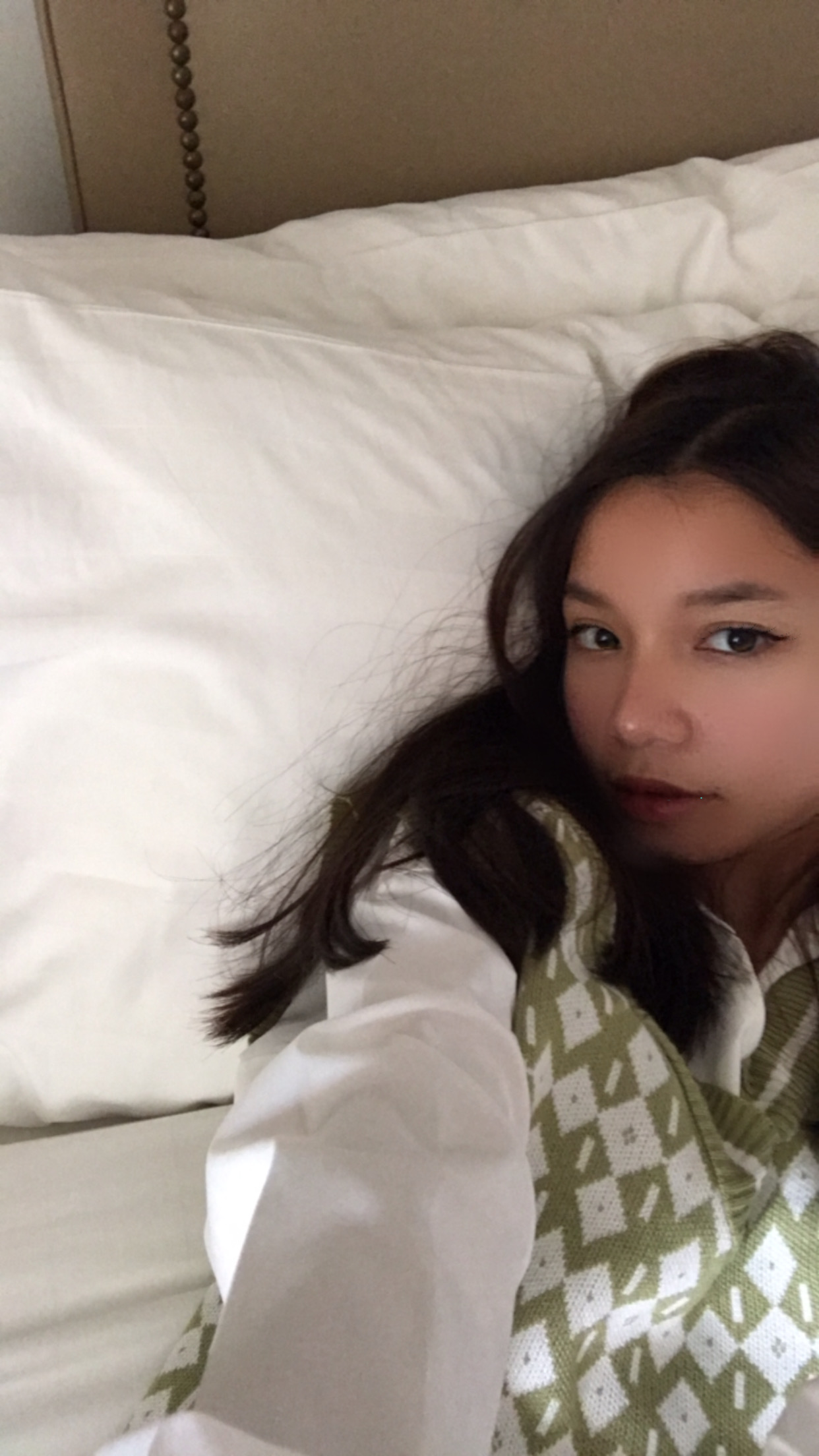Interview
- ANGELA NUQUI

- Jun 14, 2022
- 3 min read
Updated: Jun 15, 2022
Have you ever believed or have been a victim of false information?
Eloisa: Yes, I have. I had also let my emotions get ahead of myself and reacted without prior fact checking of information. I was overwhelmed especially when the headline was controversial leading me to overthinking and creating the whole story in my head. However, despite my rash reaction, I never once posted false information online. I just keep those thoughts to myself.
Angela: Yes, I have, at a certain point. We are constantly bombarded with intriguing headlines and stories, that I just tend to absorb distorted bits of information and accept common beliefs as truth.
Given the prevalence of this issue, what impact does it have on you as an individual?
Eloisa: Given this situation, It would be more difficult for me to distinguish between what’s the truth and not. If we also consider the public's views and opinions regarding matters of our society, in a sense of how people perceive information, my perception of reality wouldn’t be strong enough for me to grow as a person.
Angela: Widespread dissemination of disinformation actually influenced my perception of reality. Thus, I’m constantly having confusions regarding the legitimacy of news and articles — fact-checking may be exhausting, as there is innumerable information found online.
As a youth, how can you be an instrument in spreading awareness regarding historical distortion and disinformation?
Eloisa: As a youth, having a strong sense of reality and a meticulous mindset is the first step in being an instrument for truth. If I, who’s aiming to be a good role model for society is to be naive and careless especially on social media, how can I be an advocate for the better good? I shall properly assess every information I’ll come across in the future as well and stand up for truth at all times.
Angela: As a youth, I want to be an advocate for truth, through being vigilant and relying only on information sources that have long established a strong reputation for accuracy and dependable facts. I will thoroughly assess every post I share on social media and make sure the information is real and accurate, this will aid in limiting the spread of false information.
How do you think our society will be if historical distortion and disinformation continue unabated?
Eloisa: This has caused several issues in different aspects of our society and ignited an uproar in the public's discussion of events before that’s greatly affecting our lives and perception of reality. If this situation continues, conflict between opposing parties with contrasting beliefs would intensify and hinder unity and development.
Angela: Distortions have become more mainstream and historical truth is largely ignored — the lure of fake news is stronger than the truth, even when a certain information is already close to the borderline of illusion and bigotry. I think, this provides much greater potential to move audiences to action, shape or confuse public understanding, and influence political events. For instance, the Martial Law era, arguably one of the darkest periods in Philippine history. Many were not aware of the atrocities that happened in the Marcos’ regime — knowledge gaps were taken advantage of, the appeal of historical distortions was strengthened, giving them a heightened sense of legitimacy.
Why do you think it is essential to preserve our past? To combat disinformation?
Eloisa: I strongly believe that its main purpose is to strengthen unity between members of society and to prevent difficult circumstances from arising because of distortion of facts that promotes miscommunication and oppression of true victims.
Angela: In a globalized setting, history nurtures personal identity, and this traces the emergence of a collective consciousness.





Comments